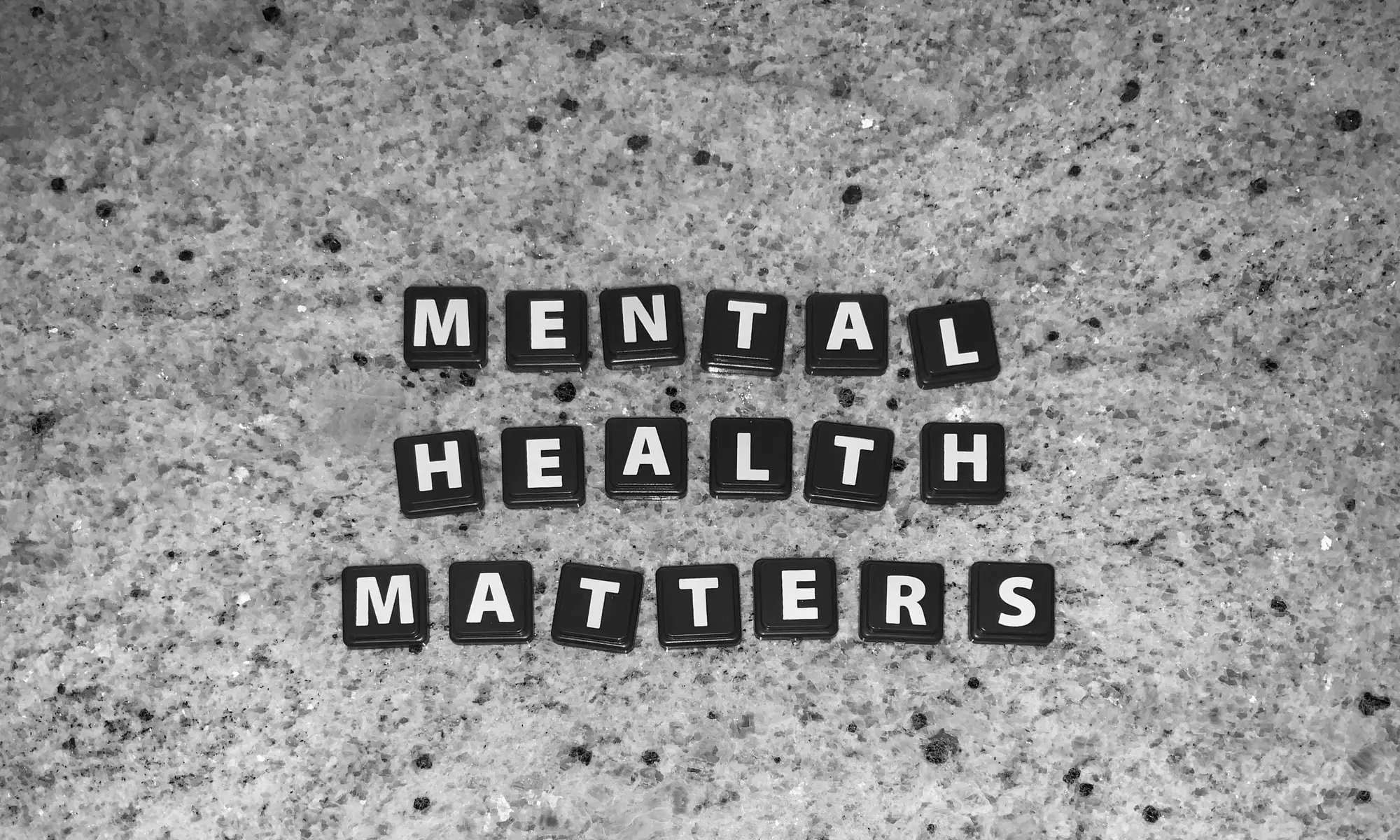Tips to encourage stigma-free communication about mental health
Mental HealthOver the past few years, we’ve come a long way in how we view and talk about mental health. This should come as no surprise, because the South African Depression and Anxiety Group (SADAG) estimates that 1 in 3 South Africans will or do have a mental illness at some point in their lifetime.

The sad reality, however, is that only 1 in 10 people with a mental illness have access to treatment (as reported by SADAG). Despite the fact that many of us are becoming more open to the idea of sharing our personal experiences, there’s still a stigma surrounding mental health. One way we continue to perpetuate the stigma around mental health is through how we speak about those who have mental health conditions. Think about how many times you’ve called someone with a mental health condition "crazy," "insane," "a junkie," or "an addict."
Content Creator for Masiviwe, Emma Delius, says that “the way we communicate about mental health is crucial for breaking down stigma, fostering understanding, and providing support to those who need it.” Delius also says that “the way we talk about mental health can influence how people perceive it and how comfortable they feel seeking help.”
Below are some of Delius’ tips for how we can communicate well about mental health conditions.
Use person-first language
Delius emphasises the “importance of changing language and communication around mental health to be more person-centered” and advocates for a shift in how society discusses and addresses mental health issues. For example, instead of labeling people based on their condition (e.g., “the schizophrenic” or “the depressed person”), rather describe them as a "person with schizophrenia" or "person with depression." Delius says that this “emphasises that the person is more than their diagnosis.” In the same way, when you use language like “suffering from” it can be limiting; it’s better to say "living with" or "managing" a mental health condition, which conveys a sense of agency.
Avoid stigmatising language
Steer clear of negative terms like “crazy,” “psycho,” or “schizo,” which perpetuate harmful stereotypes. These terms can alienate and cause harm. Instead, Delius encourages us to use terms like "person with a mental health condition" or "someone experiencing mental health challenges" in our communication and workshops.
Delius closed the session by outlining that it is important to know that “mental health is not black-and-white and that people experience a range of mental health states, from thriving to struggling.” It is also helpful to know and understand that mental health conditions are not "fixed" but experiences can vary and change over time.
By communicating about mental health with empathy, respect and understanding, we can help reduce stigma, promote well-being and make it easier for people to seek support. For more information on mental health conditions and how to support yourself or a loved one, you can visit the Masiviwe website here.

Bonolo Mokua
Bonolo is a multimedia journalist and content creator at Heartlines. She has experience in online and radio media production and helps spread the Heartlines message on multiple platforms.
Featured




